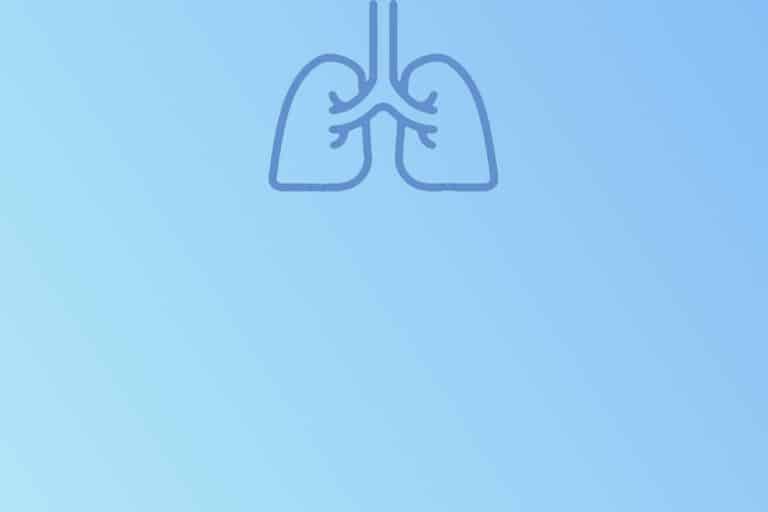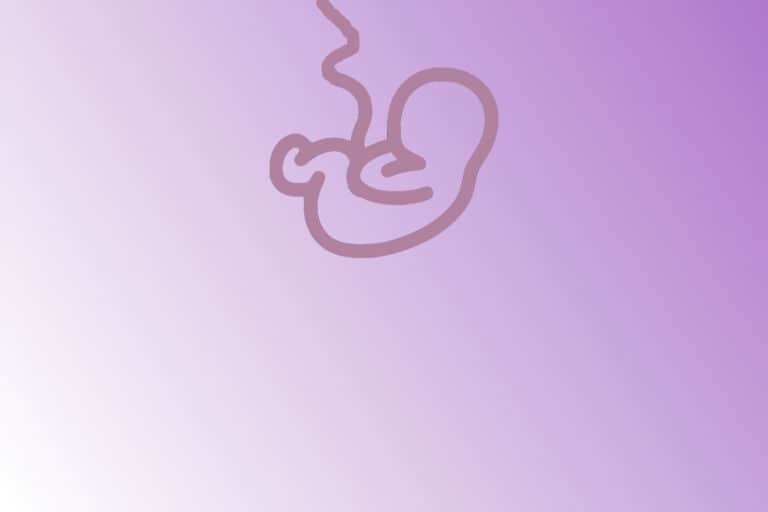Apnea
Apneas represent another important group of respiratory/ventilation dysfunctions in newborns (apart from perinatal asphyxia and respiratory distress syndrome). They are generally defined as a cessation of breathing movements and air flow for more than 20 seconds, thus often being accompanied by desaturation and bradycardia.
Spontaneous breathing causes water in lungs to be resorbed into blood and lymphatic vessels, thus transforming the liquid lung environment into gaseous one. This enables alveolar gas exchange, which in turn increases partial pressure of oxygen (PaO₂) causing pulmonary vasodilation and circulation changes.
Division of apneas
- central
→ prematurity
→ injury to respiratory control centre in medulla oblongata and pons (brainstem) - peripheral
→ airway obstruction (muscle hypotonia, meconium) - mixed
→ central and peripheral features
Mixed apneas are typical and highly frequent in preterm infants => apnea of prematurity (AOP). Special attention is given to recurrent apneas that endanger a newborn by severe and/or prolonged desaturations/bradycardia, thus causing hypoxic injury and cerebral reperfusion damage.
Diagnosis
Causes of Apnea
- seizures (especially in term infants)
- apnea of prematurity
- congenital upper airway defects (orofacial cleft, stenosis, atresia)
- congenital pulmonary (lower) airway malformation (CPAM)
- respiratory distress syndrome (RDS)
- neurologic issues (PIVH, HIE, meningitis)
- sepsis (EOS, LOS)
- gastro-esophageal reflux (GER)
- anemia
- circulation issues (PDA – rare cause of apneas)
- disturbed homeostasis (hypothermia, hyperthermia, hypoxemia, hypoglycemia, hyponatremia, hypocalcemia)
- inherited metabolic disorders
- medication (phenobarbital, opioids)
- inappropriate handling and positioning
Therapy
General
- Appropriate handling and positioning
- Upper airways suctioning
- Elevated position (GER)
- Slow infusion of enteral feeds or continuous enteral feeding (GER)
- Oxygen (maintain normoxemic oxygenation)
Specific
- Caffein citrate
- Ventilation support (CPAP or mechanical ventilation)
Caffein citrate (PEYONA®)
→ stimulates respiratory control centre in the brainstem
→ prevention from apnea of prematurity
→ Loading dose: 20 mg/kg i.v. (30 minute infusion)
→ Maintenance dose: 5-10 mg/kg/day i.v./p.o. (given once daily and titrated as per clinical effect)
→ Adverse effect: tachycardia
References
① Koch G, Datta AN, Jost K, Schulzke SM, van den Anker J, Pfister M. Caffeine Citrate Dosing Adjustments to Assure Stable Caffeine Concentrations in Preterm Neonates. J Pediatr. 2017 Dec;191:50-56.e1. doi: 10.1016/j.jpeds.2017.08.064
② Sweet DG, Carnielli V, Greisen G, et al. European Consensus Guidelines on the Management of Respiratory Distress Syndrome – 2019 Update. Neonatology. 2019;115(4):432-450. doi:10.1159/000499361







